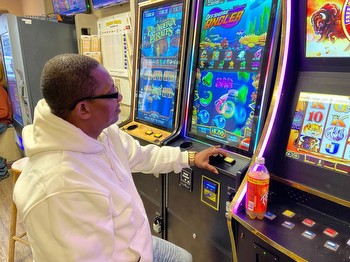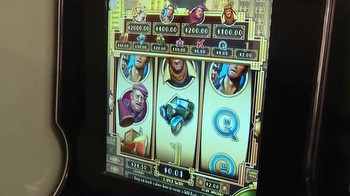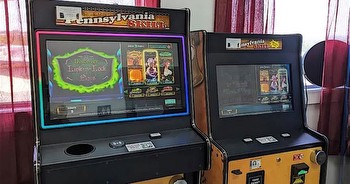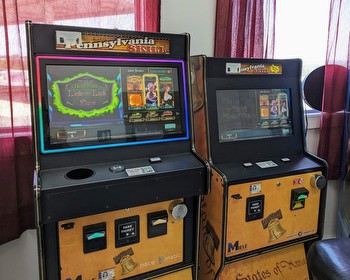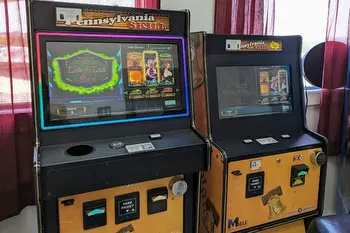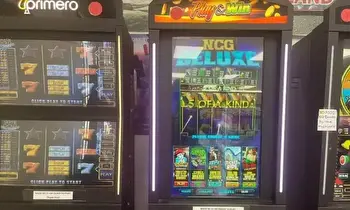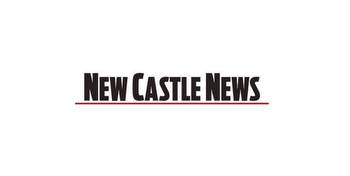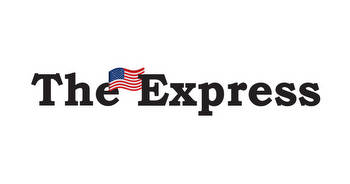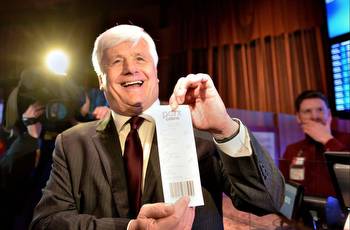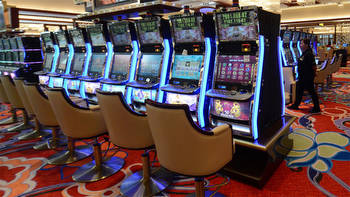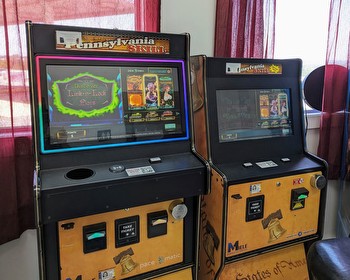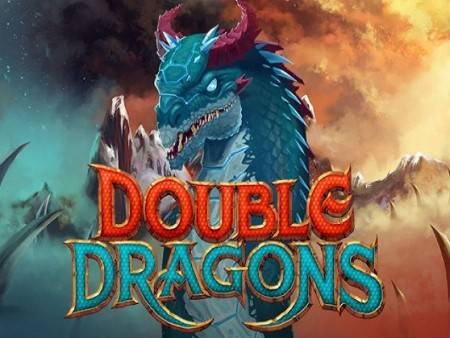Pennsylvania Bill Seeks to Regulate Skill-Based Gaming Machines
In a noteworthy move set against the shifting landscape of Pennsylvania’s gaming industry, lawmakers have introduced a bill that seeks to regulate skill-based gaming machines within the Keystone State. The legislation, as proposed, would impose a significant reduction in the tax rate when compared to what was outlined in Gov. Josh Shapiro’s budget proposal for the fiscal period of 2024-25.
These skill gaming machines, ubiquitously known as “grey machines,” resemble traditional casino slots but require players to identify winning combinations, a twist that injects an element of skill and thus, under a previous court ruling, sidesteps classifications of illegal gambling. Last year, these machines skirted closer to legitimacy when a Pennsylvania court ruled in favor of their skill-based nature—prompting the current legislative push to regulate them.
Gov. Shapiro’s budget foreshadowed a 42% tax on skill games, anticipating a substantial injection of revenue estimated at $150 million for the 2024-25 fiscal year, with projections soaring to $300 million in subsequent years. The newly proposed House Bill 2075, however, endorses a gentler taxation of 16% on gross profits—an approach aimed at supporting local businesses and increasing the likelihood of bipartisan engagement and support in Harrisburg.
The statutory configuration under HB 2075 offers a detailed division of proceeds: host establishments and machine operators each take a 40% cut, with distributors receiving the remaining 20%. It also prescribes license fees for participants in the skill game market, including substantial one-time costs and annual renewals at varied scales for distributors, operators, and host venues.
The bill does not constrain machines to particular payout rates but does introduce measures to prevent games from escalating in difficulty when faced with highly skilled players. Moreover, it caps individual wagers at $5 and maximum payouts per game at $5,000, maintaining a balance between exciting potential winnings and responsible gaming limits.
As HB 2075 awaits scrutiny from the House Gaming Oversight Committee, proponents like Rep. Danilo Burgos champion the bill as an economic booster for small businesses, particularly those grappling with the longstanding financial repercussions of the COVID-19 pandemic.
The casino industry, however, stands firmly opposed. Traditional gaming venues have paid exorbitant fees for the privilege of slot operations, and they argue that the proliferation of skill games erodes their customer base. Yet, despite the controversy, data from the Pennsylvania Gaming Control Board reveals a thriving gaming sector, with record growth and a boost in brick-and-mortar slot machine revenue, painting an overall picture of health and expansion for the state’s gaming entities.
In reflecting on this prosperous industry landscape, it’s clear how integral a role gaming plays in Pennsylvania’s entertainment economy. Whether it’s the physical allure of slot machines in a glitzy casino or the interactive appeal of online platforms, the appetite for gaming is vast and varied. Speaking of the digital realm, our meticulous search through Canada’s gaming options at West Island Blog has culminated in a definitive list of premier online casinos for this month. If you’re curious about your virtual gaming prospects or looking to explore new horizons beyond the gaming floors, we invite you to discover the top-tier experiences we’ve assembled. Join us and find your next favorite online casino today.








